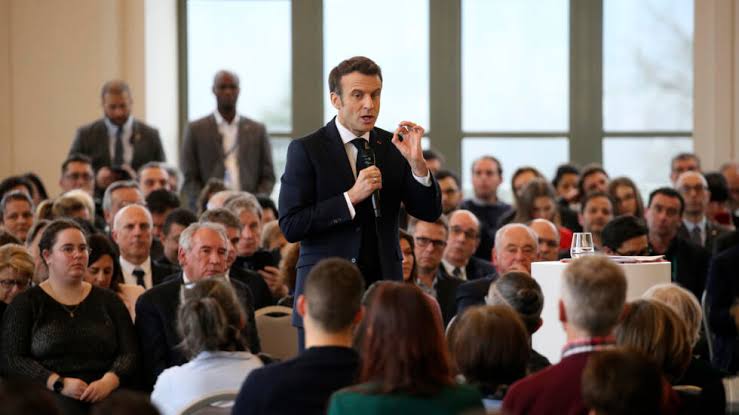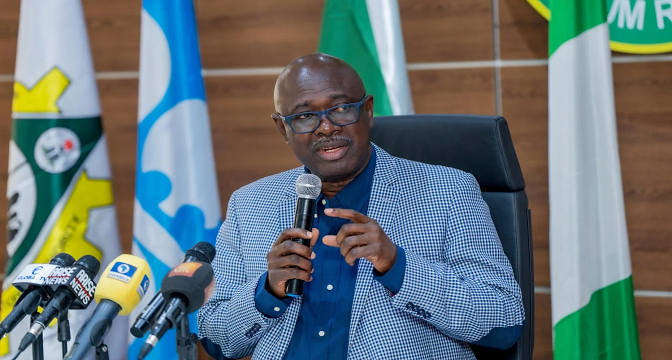
In today’s climate, seizing every opportunity is essential. On Tuesday, March 11, Emmanuel Macron took the occasion of the inauguration of the future headquarters of France’s domestic intelligence agency, the General Directorate of Internal Security, located in the northern suburbs of Paris, to express his political views. “In recent discussions, I have heard individuals who seem to question the geopolitical threat. They claim that the president of the Republic is fabricating the Russian threat,” Macron remarked, feigning astonishment. “Clearly, these individuals have not been keeping up with current events,” he asserted.
Among those Macron criticized was Marine Le Pen, his opponent in the 2022 presidential race. The far-right leader maintains that “Islamist fundamentalism is the primary threat,” rather than Vladimir Putin’s Russia, and has found herself in a position of needing to defend her ideological connections to US President Donald Trump, as well as her historically close ties to the Kremlin.
Macron’s renewed focus on attacking Le Pen’s Rassemblement National (RN) party reflects his regained confidence on the national stage, following a period of relative withdrawal. The shift in US foreign policy initiated by Trump has altered the dynamics, allowing the French president to strengthen his leadership role within the European Council, where he now stands as the longest-serving leader, second only to the euro-skeptic Hungarian Prime Minister, Viktor Orban. His vision of “a Europe of power” or European strategic autonomy, first articulated in a 2017 speech at Sorbonne University, is increasingly being validated by unfolding events. “Europe is one of the few areas where Emmanuel Macron remains consistent and cannot be caught contradicting himself,” noted political scientist Vincent Martigny.



